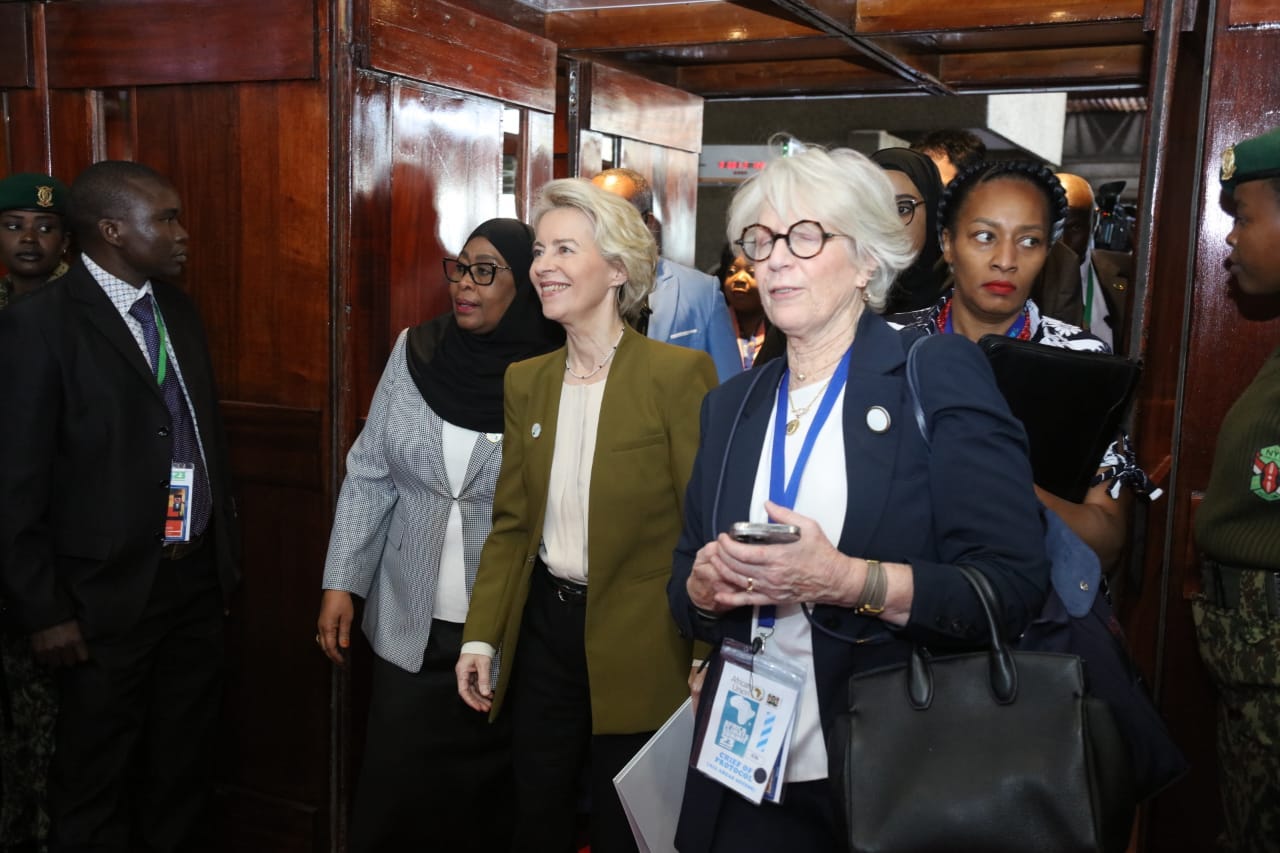African Heads of State Converge in Nairobi to Pave the Green Path Forward
With over 20,000 delegates in attendance, including 20 heads of state and government from Africa, the summit aims to keep Africa's needs at the forefront of the global climate change debate.
Nairobi, Kenya - Leaders from across Africa, including Kenya, Tanzania, Ethiopia, Rwanda, Comoros, Egypt, Burundi, Eritrea, and the Democratic Republic of the Congo, are gathering in Nairobi for a significant summit aimed at forging agreements and pacts to guide Africa towards a greener and more resilient future, writes Winston Mwale.
Representatives from various non-state bodies, such as the African Union, the European Union, the United Nations, and numerous financial institutions, have also joined the summit.
While the participating countries commit to combating climate change and ensuring Africa's active involvement in addressing global challenges, experts have cautioned against sidelining indigenous communities in this crucial effort.
Ann Samanthe, representing marginalised communities during the summit's opening ceremony, stressed the vital role indigenous people play in protecting ecosystems and combating climate change.
She highlighted that these communities, despite being hardest hit by climate change, are among the lowest emitters.
Their traditional knowledge and adaptation methods have often been overlooked in formal frameworks.
Samanthe emphasised the importance of securing free, prior, and informed consent before using indigenous territories, sometimes referred to as "idle land," for renewable energy projects. She underscored that these lands hold cultural significance and must be protected.
Conservation organizations in Africa have increasingly recognized the value of local knowledge in safeguarding critical species and mitigating climate change's effects.
Initiatives like the International Fund for Animal Welfare's Room to Roam program aim to connect wildlife conservation with local communities, creating partnerships that benefit both nature and people.
Azzedine Downes, President and CEO of IFAW, expressed optimism that the summit would make progress towards preserving nature and biodiversity.
He stressed the importance of including communities that live with wildlife as partners in climate change mitigation.
Kenya's President William Ruto emphasised that African communities should focus on finding solutions to climate change rather than portraying themselves as victims in global forums.
He urged the continent to seize opportunities for "green investment" and compete fairly in the global market to accelerate decarbonization.
With over 20,000 delegates in attendance, including 20 heads of state and government from Africa, the summit aims to keep Africa's needs at the forefront of the global climate change debate.
"Africa's needs need to be front and centre in this debate," said African Development Bank President Akinwumi Adessina.




